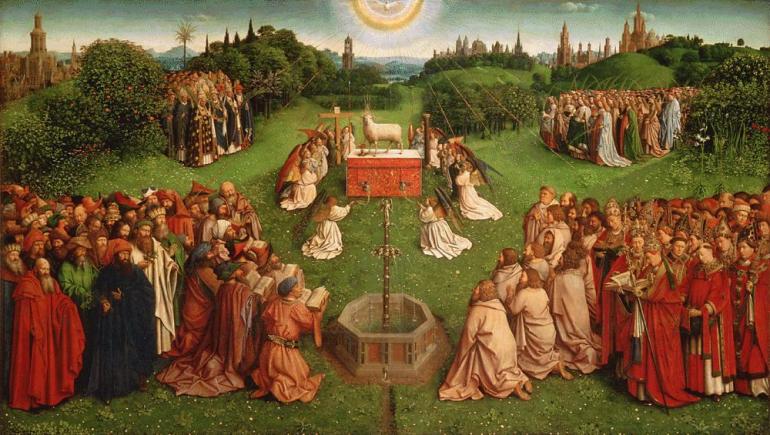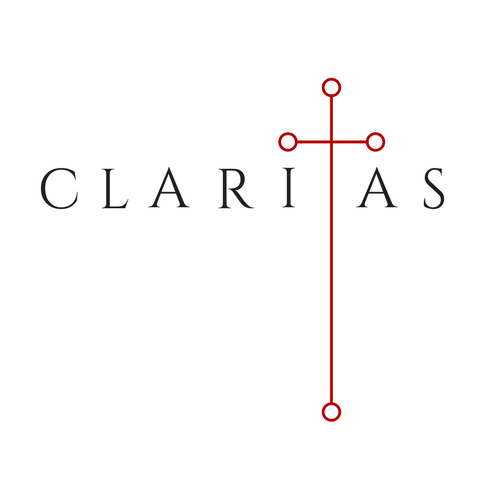By Andrew Thornton-Norris
The second idea that I would like to introduce is that of culture as the incarnation of religion. In his 1948 Notes towards the Definition of Culture, T. S. Eliot described the “culture of a people as an incarnation of its religion,” adding that this way of looking at culture is “so difficult that I am not sure I grasp it myself except in flashes, or that I comprehend all its implications.” It is something we will constantly return to, but first an introduction to the political, moral and aesthetic culture of modernity and the Catholic critique of it.
In a modern liberal society the balance of rights is all in favour of the individual and against that of the community, which reflects the bleak atomised anthropology beneath the political philosophy portrayed in the satires of Michel Houellebecq, the leading contemporary French novelist. This hell is the consequence of the English, American and French revolutions and their imperial influence, the so-called Enlightenment, and the philosophy that underpins it. Its aesthetic consequence is that “anything goes” and the only criterion of value is popularity or elite approval. The hierarchy of values established by tradition, the community of ages or even the communion of saints, is rejected.
All art and literature is the formal incarnation of philosophical, political and spiritual assumptions, whether conscious or not, and this is the reality underlying contemporary literature and other modern movements of thought and feeling. Our purpose is to examine those assumptions and to establish a consistent position, given that Liberalism and its philosophical and anthropological foundations are inconsistent with the Magisterium, as are its moral and aesthetic fruits. That consistency is to be found in an anti-Liberal political philosophy, the Latin Classical tradition and the inculturation of the gospel into modern culture through the redemption of Romanticism. This subject is addressed in my Spiritual History of English and the forthcoming Pontifex course based upon it. For anti-Liberal or Integralist political philosophy see The Josias and for the redemption of Romanticism, by the reintegration of its legitimate impulses into the tradition, see my Pontifex course and the introduction to my book of poems “The Walled Garden.”

